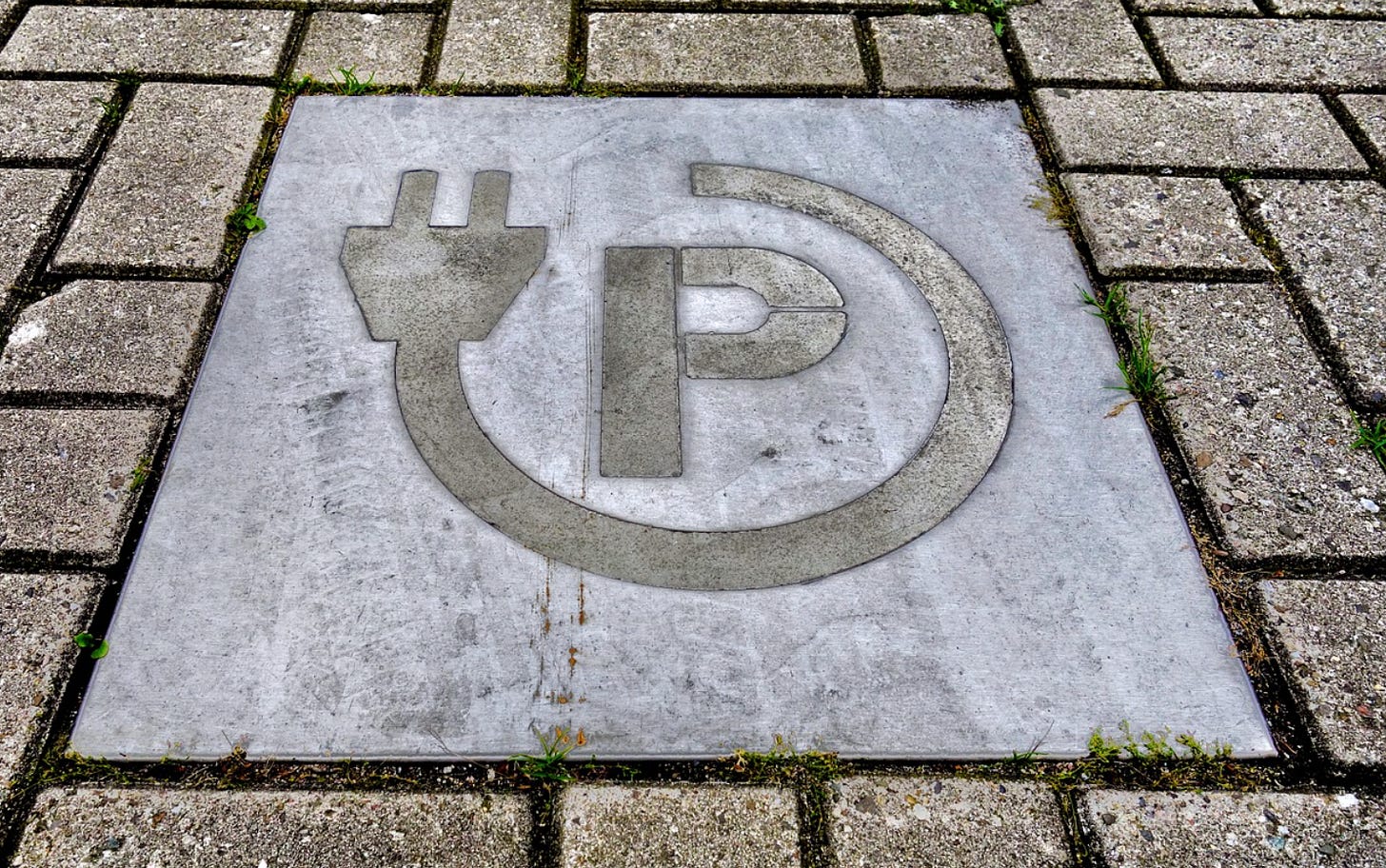Vermont Lost Out on Billions in EV Charger Funding Due to Critical Procedural Misstep
The state did not submit the specific evidence required by the court—namely, sworn declarations from state officials—to demonstrate it would suffer "irreparable harm"
In a significant setback to Vermont's efforts to combat climate change and expand its electric vehicle infrastructure, the state was inexplicably left out of a federal court ruling this week that unfroze billions of dollars for EV charging projects across the country. While 14 states will now receive their share of the National Electric Vehicle Infrastructure (NEVI) program funds, Vermont, along with Minnesota and the District of Columbia, was excluded.
The heart of the matter is not a judgment on the merits of Vermont's need for the $21 million in federal funds, but a critical procedural failure. According to the ruling by U.S. District Judge Tana Lin, the state did not submit the specific evidence required by the court—namely, sworn declarations from state officials—to demonstrate it would suffer "irreparable harm" from the ongoing funding freeze initiated by the Trump administration in February 2025.
The successful states, which include Arizona, California, Colorado, and New York, provided the necessary legal affidavits attesting to the Federal Highway Administration's approval of their state deployment plans. This evidence was apparently lacking in Vermont's legal filings. In her ruling, Judge Lin stated that she excluded the three jurisdictions because they "did not submit declarations that attested to the Federal Highway Administration's approval and re-approval of their state deployment plans."
The oversight raises pointed questions about the handling of the case by the Vermont Attorney General's office. While joining the multi-state lawsuit against the Trump administration's freezing of congressionally approved funds was a crucial step, the failure to provide the necessary supporting documentation for the preliminary injunction suggests a possible lapse in attention to the case's specific requirements.
This procedural error comes as the Vermont Attorney General's office has been actively engaged in a wide array of national legal challenges. A review of recent press releases from the office shows Vermont joining lawsuits and filing amicus briefs on issues ranging from public media funding and the dismantling of AmeriCorps to federal immigration policies and challenges to the Disadvantaged Business Enterprise Program. This raises the question of whether the Attorney General's focus on numerous national issues, where Vermont's direct stake can be debated, may have stretched the office's resources thin, potentially impacting the meticulous attention required for a case with such direct and immediate consequences for the state.
The Office of the Attorney General has expressed its disappointment with the decision and stated that it is "exploring their legal options." However, for now, the $20 million in remaining NEVI funds for Vermont remains frozen.
Tangible Consequences for Vermont's Climate Goals
The impact of this funding delay is not abstract. Vermont has ambitious, legally mandated climate goals, with the transportation sector being the largest source of greenhouse gas emissions. The state's Climate Action Plan heavily relies on a swift transition to electric vehicles, which is contingent on a robust and reliable public charging network.
The NEVI funds were slated to be a cornerstone of this buildout. One NEVI-funded fast-charging station is already operational in Bradford, and about $1 million of the state's allocation has been spent. However, the future of numerous other projects is now in limbo. The Vermont Agency of Transportation had announced awards for 11 additional EV charging projects that would have added 60 more fast-charging ports across the state. Planned locations for these new stations included key areas such as Bennington, Berlin, Brattleboro, Manchester, Middlebury, Randolph, Rutland, South Burlington, St. Albans, White River Junction, and Wilmington. These projects are now stalled indefinitely.
"In order for us to really make a difference to transform our transportation sector and in order for more electric vehicles to leave dealer lots and be registered by Vermonters, we need that robust charging network, and we don't have it now," Matt Cota with the Vermont Vehicle and Automotive Distributors Association told WCAX. "NEVI was a way we were going to get there, but those funds have been frozen until further notice."
What's Next for Vermont?
The path forward for Vermont to secure its NEVI funding is unclear. Legal experts suggest that the state may need to "modify its application" to the court, which would likely involve submitting the previously omitted sworn declarations and filing a new motion for a preliminary injunction. This, however, could take time and further delay the buildout of the state's charging infrastructure.
For now, Vermont finds itself in the frustrating position of watching its neighbors move forward with federally funded EV projects while its own plans are on hold due to a seemingly avoidable procedural error. The incident serves as a stark reminder that in the complex intersection of law and policy, meticulous execution is paramount, especially when the state's environmental future and tens of millions of dollars are on the line.


